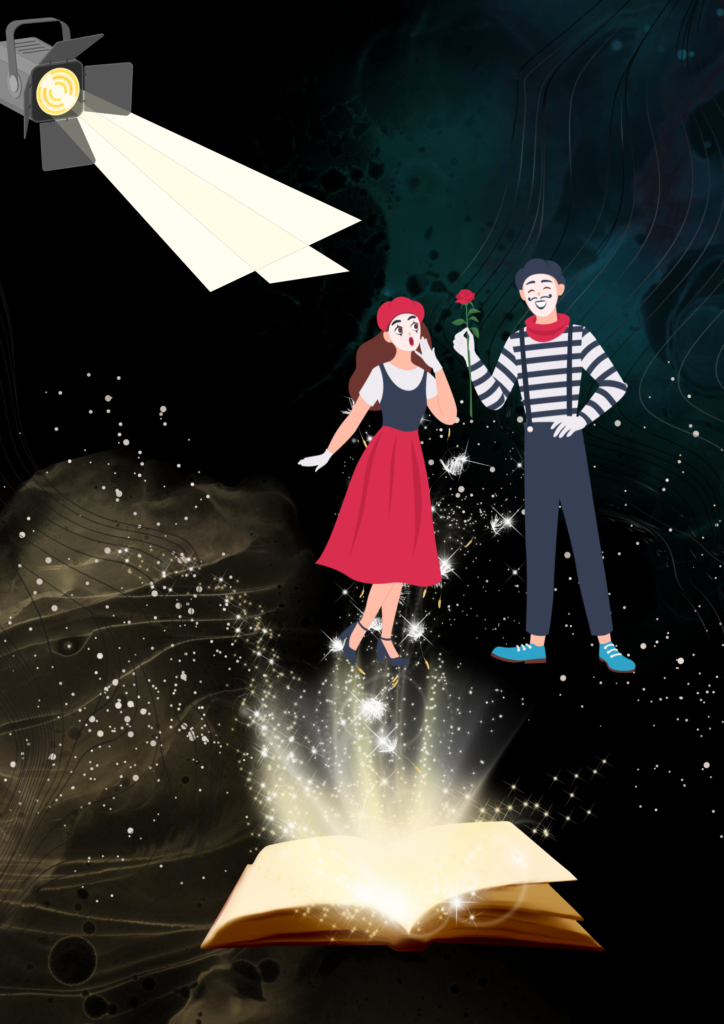From Page to Screen: Book Adaptations That Transcend

Book adaptations have been a staple of cinema and television for decades. Whether it’s a beloved classic or a contemporary bestseller, the process of translating literature to visual media is both an art and a science. Some adaptations manage to capture the essence of the original work, resonating with audiences worldwide. But what sets these transcendent adaptations apart?
Faithfulness vs. Interpretation
The Balancing Act
Adapting a book involves striking a delicate balance between fidelity to the source material and creative interpretation. Filmmakers must decide which elements to retain faithfully and where to take artistic liberties. Successful adaptations maintain the spirit of the book while adapting to the unique demands of the screen.
Iconic Adaptations: Success Stories
“To Kill a Mockingbird” (1962)
Harper Lee’s Pulitzer Prize-winning novel found cinematic life through director Robert Mulligan. Gregory Peck’s portrayal of Atticus Finch remains etched in our collective memory. The film captures the racial tension of the Deep South, emphasizing empathy and justice.
“The Lord of the Rings” Trilogy (2001-2003)
Peter Jackson’s epic adaptation of J.R.R. Tolkien’s fantasy saga redefined the genre. The meticulous world-building, memorable characters, and groundbreaking visual effects elevated the films beyond mere adaptations—they became cultural touchstones.
Pitfalls and Missed Opportunities
Rushed Adaptations
When filmmakers compress intricate plots into a two-hour runtime, essential nuances often get lost. The result? A diluted experience that fails to resonate with fans of the original work.
Ignoring Character Depth
Some adaptations prioritize action over character development. Yet, it’s the depth of characters that makes books memorable. When adaptations gloss over this, they miss a crucial opportunity.
The Role of Casting
Perfect Matches
Casting plays a pivotal role. Think of Emma Watson as Hermione Granger or Anthony Hopkins as Hannibal Lecter. When actors embody the essence of their literary counterparts, magic happens.
Missteps and Controversies
Remember Tom Cruise as Jack Reacher? Sometimes casting choices spark debates. Fans scrutinize every decision, and when it doesn’t align with their mental image, disappointment ensues.
The Legacy of Adaptations
Perpetuating Literary Classics
Adaptations introduce new generations to timeless stories. They keep literature alive, encouraging viewers to explore the original texts.
Sparking Book Sales
A successful adaptation often leads to a surge in book sales. Suddenly, that dog-eared copy on the shelf gains renewed interest.
In the ever-evolving landscape of adaptations, some films and series transcend their literary origins. Whether it’s the magic of casting, faithful storytelling, or sheer cinematic brilliance, these adaptations remind us that books and screens can coexist harmoniously. As viewers, we eagerly await the next adaptation that will transport us from page to screen and back again.




















